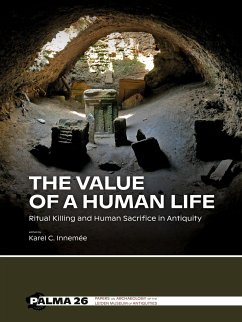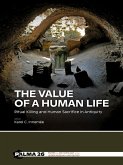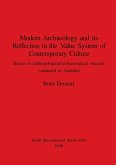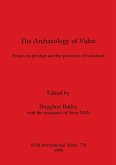Throughout the millennia and all over the world people have been killed by others, not only in wars and as a result of murders, but also in a ritualised way, often called human sacrifice. Much has been written about this, and research and discussion about ritual killing continue. This book offers contributions to this on-going discussion, by a re-evaluation of the term human sacrifice, arguing that not all forms of ritual killing can be considered to be sacrificial.Experts from different disciplines present new insights into the subject of ritual homicide in various regions of the ancient world. Various aspects of the phenomenon are discussed, such as offering humans to gods, making servants accompany their masters into the hereafter, and ritual killing in connection with execution of criminals and captives.While in some cultures ritual killing was accepted, others would consider it a symptom of barbarism and would use it as a reason or pretext for hostility, war, or genocide. Thus the Romans justified the violence against Carthage partly because of this, early Christians were accused of infanticide, while in turn they accused Jews of the same. The Spanish conquistadores used the argument to justify the genocide on indigenous Americans. The last chapter concerns one of the last surviving forms of ritual killing in recent history: headhunting among the Asmat.ContentsHuman sacrifice and ritual killing, defining the fieldKarel C. InneméeRitual killing of humans in ancient MesopotamiaTheo KrispijnRitual Homicide in ancient EgyptJacobus van DijkSacrifice and ritual killing of humans in the Etruscan world?Bouke van der MeerPhoenician synthesis: patterns of human sacrifice and problems with ritual killingBrien GarnandHuman sacrifice from ancient Israel to early ChristianityKarel C. InneméeDeconstructing the Aztec human sacrificeMaarten JansenDeath and new life: an intimate relationshipPieter ter KeursBibliographyList of authors
Hinweis: Dieser Artikel kann nur an eine deutsche Lieferadresse ausgeliefert werden.
Hinweis: Dieser Artikel kann nur an eine deutsche Lieferadresse ausgeliefert werden.








